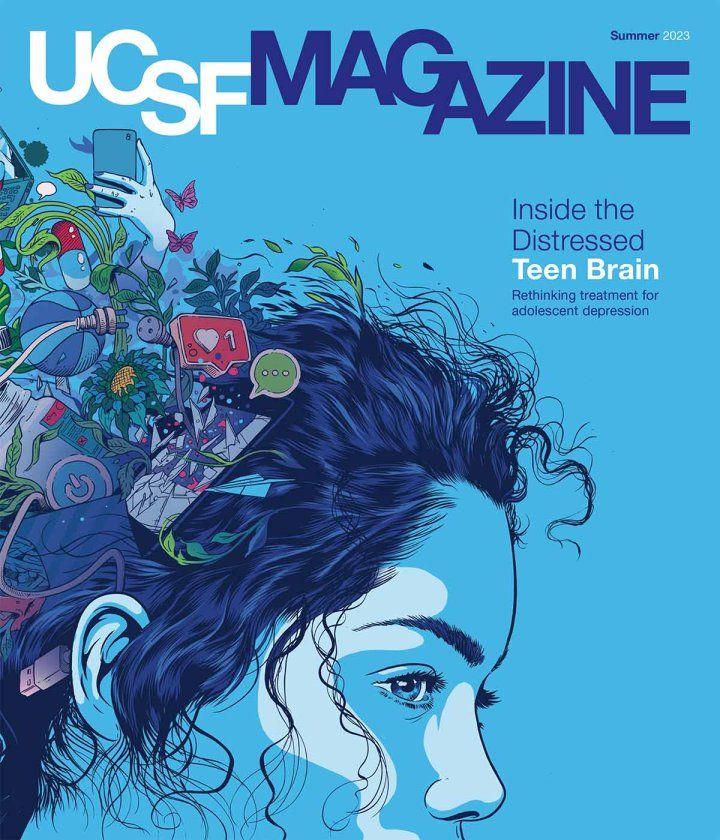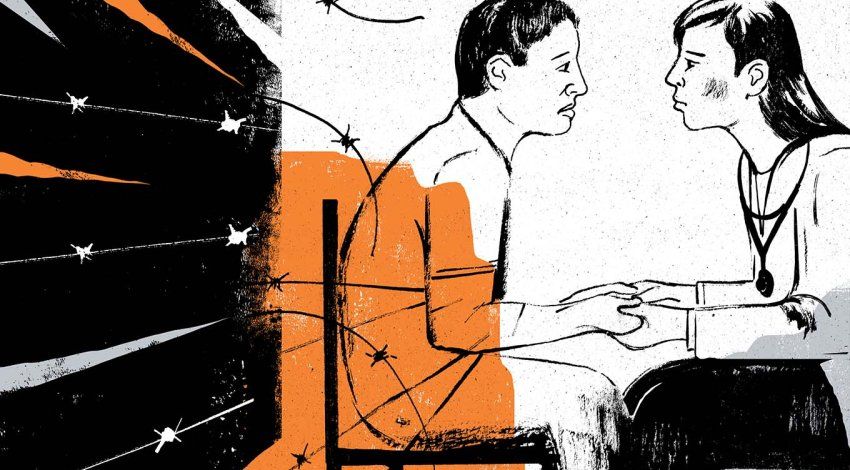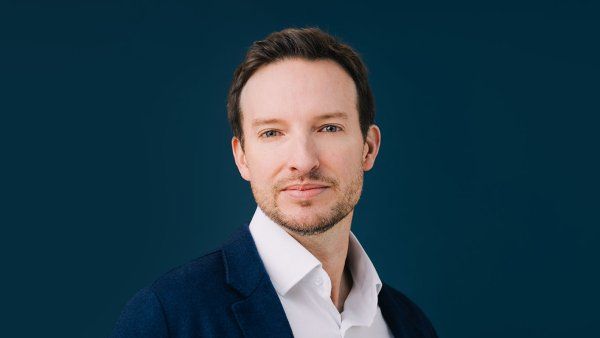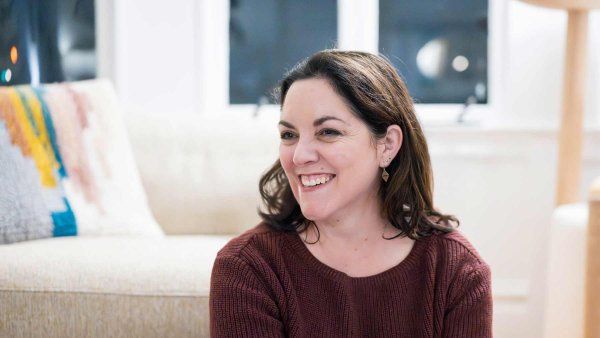
Five Questions for Heather Hervey-Jumper
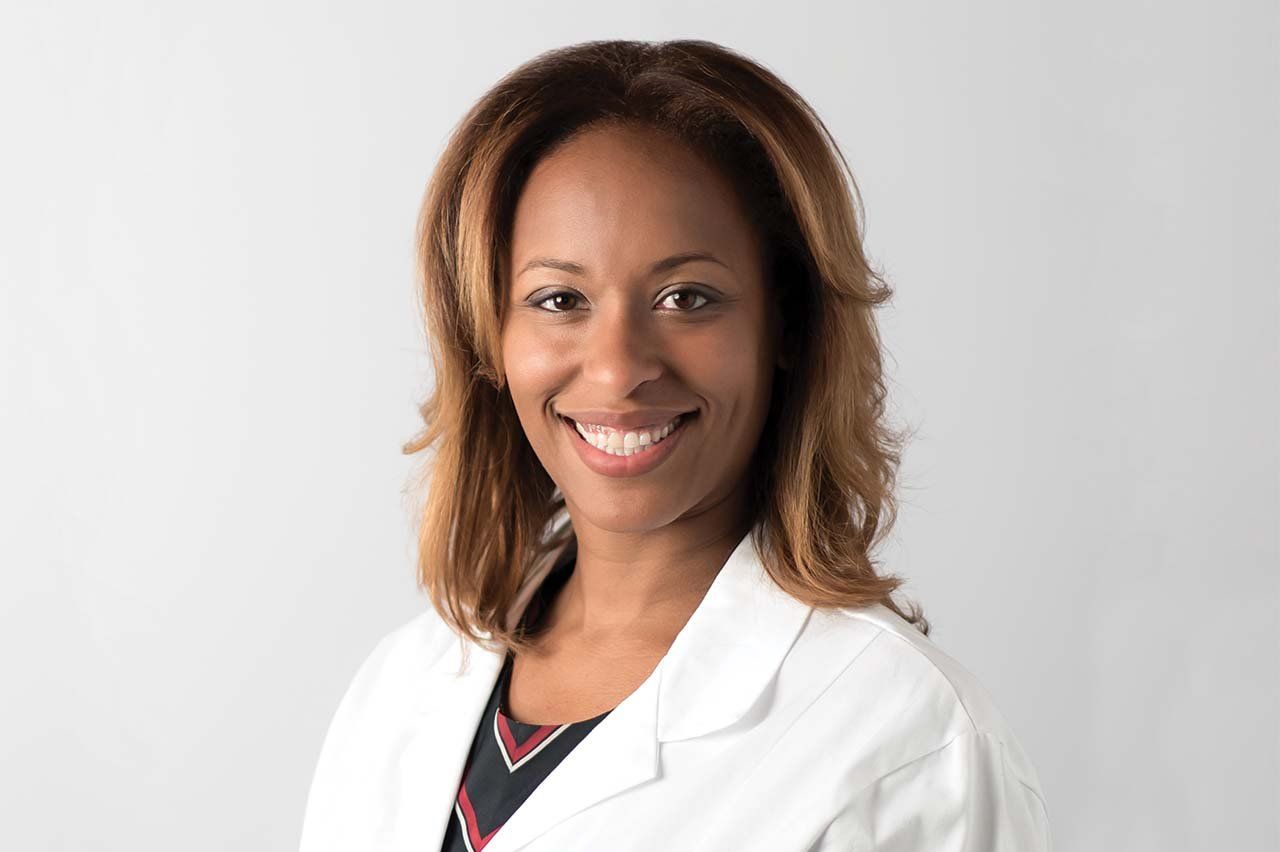
Heather Hervey-Jumper, MD, became director of UCSF’s Program in Medical Education for the Urban Underserved (PRIME-US) last summer to do work that inspires and sustains her.
Why PRIME-US?
Delivering health care to everyone has always been near and dear to my heart. When I heard that UCSF offered a specialized curriculum to teach medical students how to care for the urban underserved, I said, “That’s my home.”
What makes PRIME unique?
Medical schools traditionally taught facts. When I was a student, I learned that Black and brown people are more likely than white people to have asthma. But nobody said why. You’re left to ask, “Is it genetic? Do I have bad lungs because I’m Black?” PRIME gives context: People of color often live in formerly redlined neighborhoods that have more air pollution, fewer parks, and poorly built houses – all contributing to higher asthma rates.
PRIME empowers students to change structural barriers and care for marginalized people through community partnerships, policy, and legislation. Our graduates become leaders for change within medical systems and on national platforms.
What advice do you give students?
Communities already have trusted leaders. Find them, work with them, let them tell you what they need and support that.
Why can’t many San Franciscans get the care they need?
Wealth speaks powerfully. Homeowners will block a methadone clinic to treat opioid addiction because they fear it will hurt property values. We teach our students to provide awareness and evidence: “Hey, a methadone clinic improves your neighborhood because it offers recovery, employment, and hope.”
What tools will the next generation of physicians need?
A deep understanding of the history of the communities they’re serving. Respect for Indigenous and other healing practices so physicians can work synergistically with patients. Empowerment to enact change on a political level to improve access to care. And openness to how new tools, like artificial intelligence, can bridge gaps between haves and have-nots.
